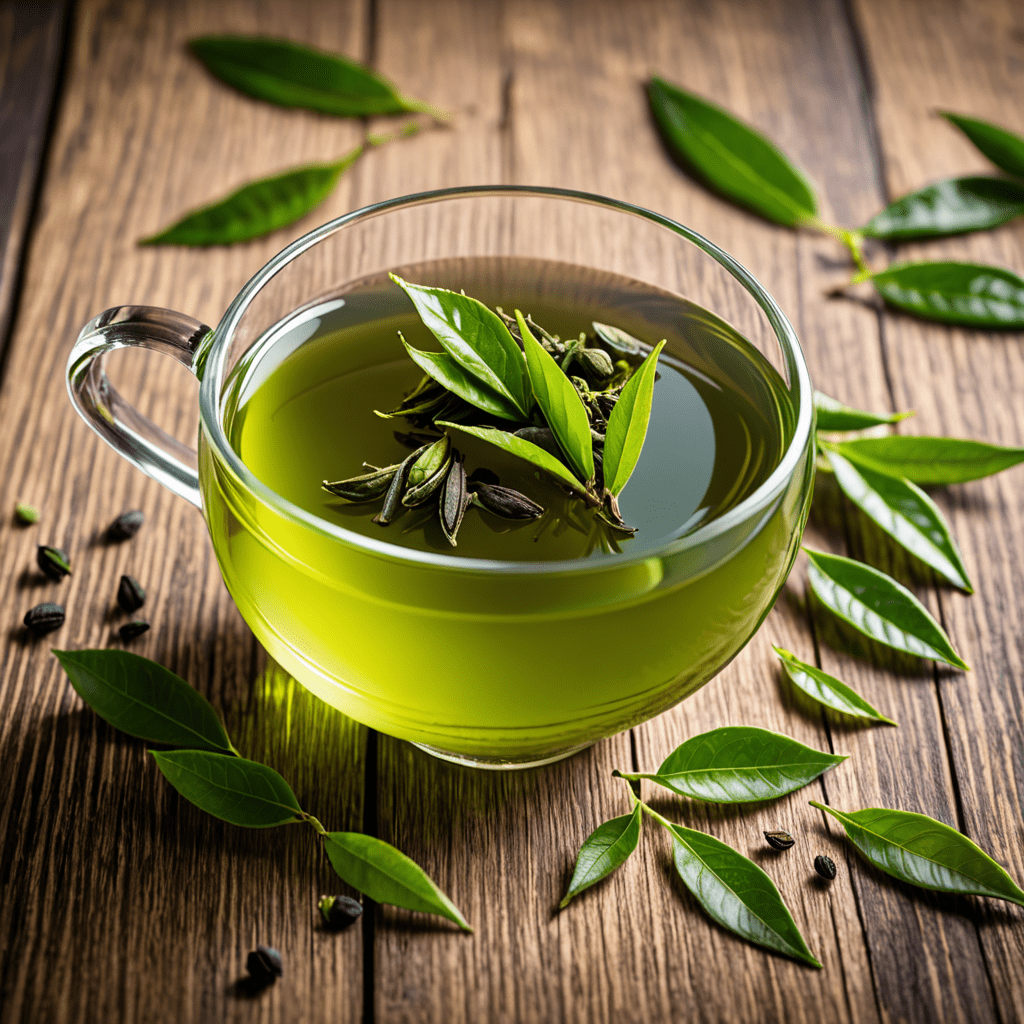Ceylon Tea: A Rich Heritage
Ceylon tea, renowned for its exquisite flavor and aroma, holds a cherished place in the world of tea. The legacy of Ceylon tea is a compelling narrative that intertwines colonial history, labor practices, and post-independence developments. This article delves into the rich tapestry of Ceylon tea, exploring its origins, cultivation, global recognition, and enduring impact.
The Origins of Ceylon Tea Cultivation
The origins of Ceylon tea cultivation can be traced back to the 1840s when the British introduced tea plants to the island. The fertile soil and favorable climate of Ceylon proved ideal for tea cultivation, and soon, tea plantations began to flourish across the country. Tea rapidly became one of Ceylon's most important crops, transforming the island's economy and society.
British Colonialism and the Emergence of a Tea Industry
British colonialism played a significant role in the development of the Ceylon tea industry. The British established extensive tea plantations, often through exploitative labor practices. Indian laborers were brought to Ceylon to work on these plantations, facing harsh working conditions and limited opportunities for advancement. The colonial era left a lasting impact on the tea industry, shaping its labor relations and economic dynamics.
Labor Conditions and Colonial Exploitation
The labor conditions on Ceylon tea plantations during the colonial period were often harsh and exploitative. Indian laborers worked long hours for low wages, facing poor living conditions and limited access to education and healthcare. The British colonial government implemented strict labor laws that restricted the movement and rights of laborers, perpetuating a system of exploitation that would continue to shape the industry's labor relations.
Post-Independence Rebranding and Global Recognition
After Ceylon gained independence in 1948, the tea industry underwent a significant rebranding effort. The Ceylon Tea Board was established to promote and regulate the industry, and the country adopted the distinctive "Lion logo" to represent its high-quality teas. Ceylon tea gained global recognition for its exceptional flavor and aroma, becoming a sought-after commodity in markets around the world.
Quality Standards and the Reputation of Ceylon Tea
Ceylon tea has consistently maintained its reputation for quality through strict adherence to industry standards. The Sri Lanka Tea Board implements comprehensive regulations to ensure that all Ceylon teas adhere to specific quality criteria. This includes guidelines for cultivation, harvesting, and processing methods. By upholding these standards, Ceylon tea has earned its recognition as a premium tea, respected for its distinct flavor profile and consistency.
Economic and Social Impact of Tea Production
The tea industry has had a profound economic and social impact on Sri Lanka. It is one of the country's largest export industries, contributing significantly to foreign exchange earnings. Tea production provides employment to millions of Sri Lankans, from tea pluckers to factory workers, and supports numerous ancillary industries. Moreover, tea plantations have become integral to Sri Lanka's cultural landscape, shaping local communities and contributing to the nation's economic prosperity.
Environmental Sustainability in Ceylon Tea Estates
Recognizing the importance of environmental conservation, the Ceylon tea industry actively promotes sustainable practices. Many tea estates have adopted eco-friendly cultivation methods to protect the delicate ecosystems where tea is grown. This includes minimizing the use of chemical fertilizers and pesticides, implementing rainwater harvesting techniques, and preserving biodiversity within tea plantations. The industry is committed to responsible land management, ensuring the longevity of Ceylon tea production while protecting the natural environment.
Innovations and Modernization in Ceylon Tea Production
Despite its long legacy, the Ceylon tea industry is constantly evolving, embracing new technologies and innovations. Research and development initiatives focus on improving cultivation techniques, developing new tea blends, and enhancing efficiency throughout the production process. Mechanization and automation have been introduced in some areas, streamlining operations while maintaining quality standards. By adopting a forward-thinking approach, the Ceylon tea industry ensures its continued success in a competitive global tea market.
The Enduring Legacy of Ceylon Tea
The legacy of Ceylon tea continues to inspire, from its colonial origins to its modern-day reputation. Its rich flavor and aroma have captured the attention of tea lovers worldwide, while its economic, social, and environmental significance underscores its importance to Sri Lanka. Through its enduring appeal, Ceylon tea remains a timeless testament to tradition, craftsmanship, and the pursuit of excellence.
FAQs about Ceylon Tea
What is Ceylon tea known for?
Ceylon tea is famous for its distinctive flavor, which is bold yet smooth with hints of citrus, spice, and honey. It is known for its high quality standards and is considered a premium tea among connoisseurs.
Where does Ceylon tea come from?
Ceylon tea originates from Sri Lanka, which was formerly known as Ceylon. The country's unique climate and soil conditions create an ideal environment for tea cultivation and allow Ceylon to produce a diverse array of tea varieties, each with its distinct characteristics.
How do you prepare and drink Ceylon tea?
To prepare Ceylon tea, use freshly boiled water. Place a teaspoon of loose-leaf tea or one teabag into a teapot or cup, and pour the water over the leaves or bag. Allow it to steep for 3 to 5 minutes before straining and enjoying. Ceylon tea is traditionally consumed as is but can be paired with milk or lemon, depending on personal taste.
How does the Ceylon tea industry support local communities?
The Ceylon tea industry provides significant support to local communities in Sri Lanka by providing employment opportunities and sustaining local businesses and infrastructure. Many tea plantations also implement social welfare programs and contribute to the overall development of the communities they operate within.
Why is Ceylon tea considered an environmentally conscious choice?
The cultivation and production of Ceylon tea prioritize sustainable practices, minimizing the impact on the environment. Many plantations adhere to environmentally responsible farming techniques and adopt measures to preserve biodiversity within their estates, reducing chemical pollution and contributing to the overall ecological well-being of tea-growing regions.



